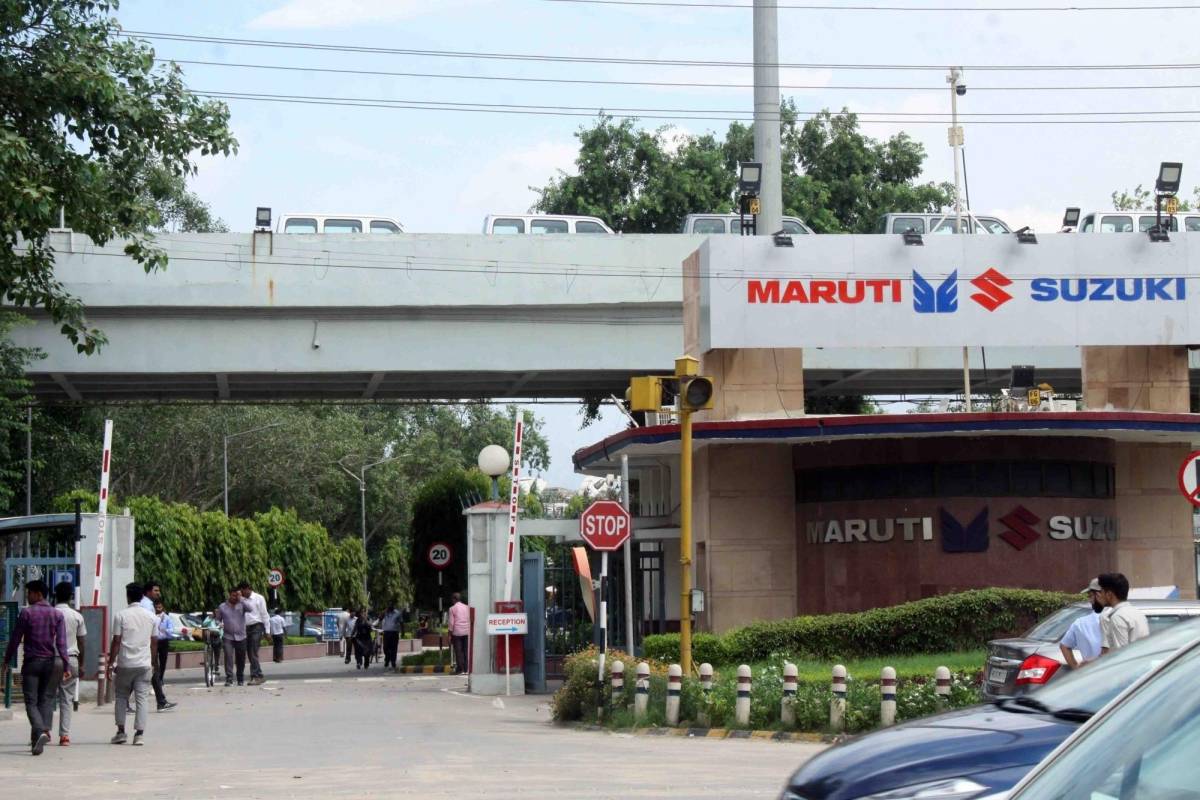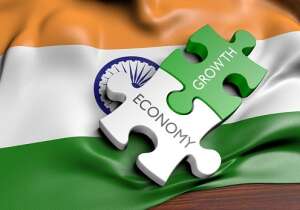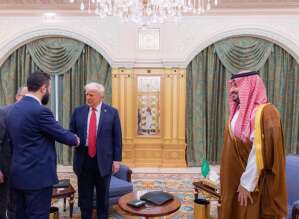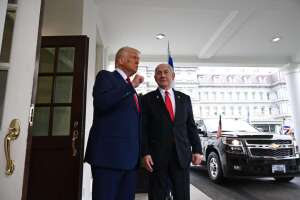People-to-people contacts is one of the key elements of bilateral relations between India and the Gulf region, writes Dr Prasanta Kumar Pradhan
India and the Arabian Peninsula have shared a historical and civilizational connection for the last 5000 years. Traders, travelers, and scholars from both sides have visited each other for centuries. This has resulted in a deep exchange of language, culture and ideas between the two. People used to cross the Arabian Sea on boats using the traditional knowledge of seasonal winds.
The spice trade between India and the Arabian Peninsula is well recorded in history. The Malabar Coast of Kerala and the Omani and Yemeni coasts were important ports of entry for the people. Such interactions of the past have continued in the modern times.
In the present context, much of the contact is dominated by the interaction between the respective governments. Today, India’s relationship with the Gulf countries is multifaceted with strong economic, political, defence and security cooperation.
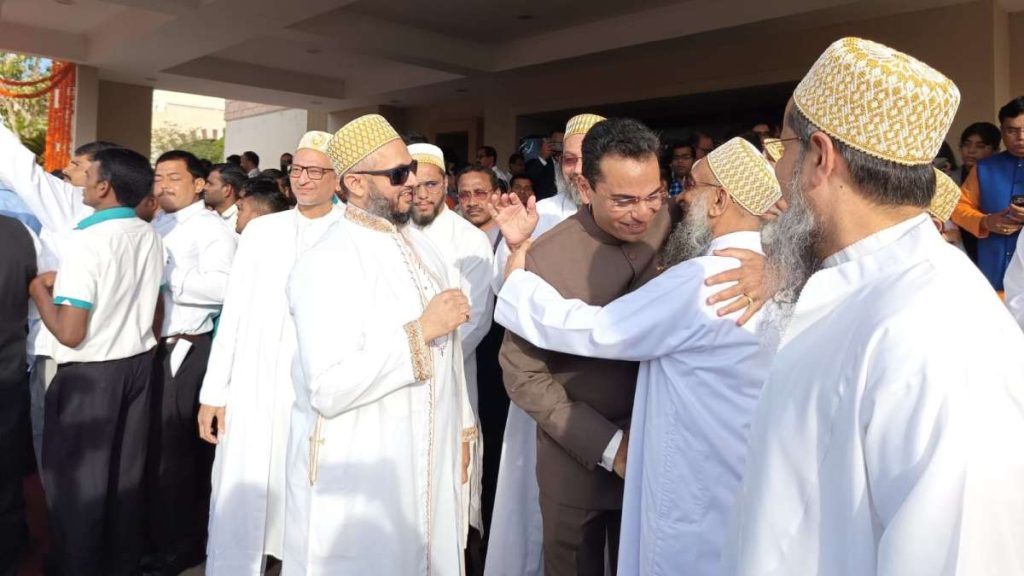
India considers the region as its “extended neighbourhood” with huge stakes in these countries. In the interaction dominated by the governments, people-to-people contacts from both sides have continued and it constitutes an important aspect of the India-Gulf relationship.
There is a nine million strong Indian community working and living in the Gulf region. The oil boom in the Gulf region in the 1970s brought a large number of Indian manpower to work in the growing petroleum industry. That number has continued to grow over the decades, and today, Indians constitute the largest expatriate community in the Gulf. The semi-skilled, skilled, and high-skilled manpower from India contribute significantly to the development and progress of the Gulf economies.
In recent decades, the number of highly qualified professionals from India in the Gulf has grown significantly. The contribution of the Indian diaspora to the economic development of the Gulf countries has been acknowledged by the Gulf rulers.
The Indian diaspora in the Gulf is known to be hardworking and law-abiding, and they have adapted themselves to the political and social environment in the Gulf. The presence of the Indian diaspora has left an enduring impression in the minds of the local population about India.
The Indian diaspora forms a natural link between India and the Gulf. It works as a bridge connecting the government and people on both sides. Commending the contribution of the Indian diaspora in the Gulf, Prime Minister Narendra Modi applauded them by stating that they are ‘brand ambassadors’ of India’s culture and heritage.
A number of Indian traders and businessmen have been successful in establishing their businesses in the Gulf. This has helped not only in achieving commercial benefits but also in accelerating interaction at the societal level as well.
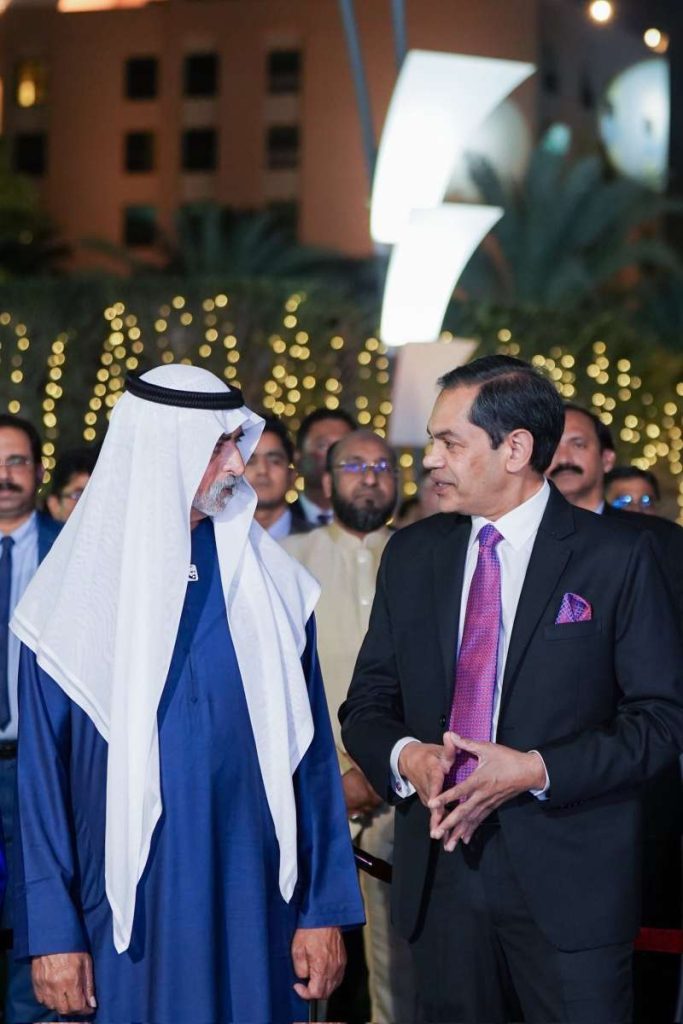
Most of the Indians working in the Gulf send money to their families back home. India is the largest recipient of remittances in the world. In 2023, India received around US$ 125 billion as remittances. About half of these remittances come from the Gulf region.
Cultural interactions between India and the Gulf region have continued since the past. Language, art, culture, education and cinema are some of the most prominent means of cultural interaction between the two peoples.
In modern times, cultural exchange programmes are facilitated by governments by signing cultural exchange agreements to enhance knowledge of each other’s culture on both sides. The governments promote cooperation between institutions, museums, artists, theatre organisations, exchange of officials, scholars and researchers from both sides.
Today, cinema remains a powerful medium of cultural interaction between both sides, especially among the young generation. While the Indian cinema industry has grown substantially, it is growing slowly in the Gulf with liberal policies adopted by the Gulf rulers. Indian movies, serials and actors are famous in the Gulf region as they have grown in popularity among the Arab youth.
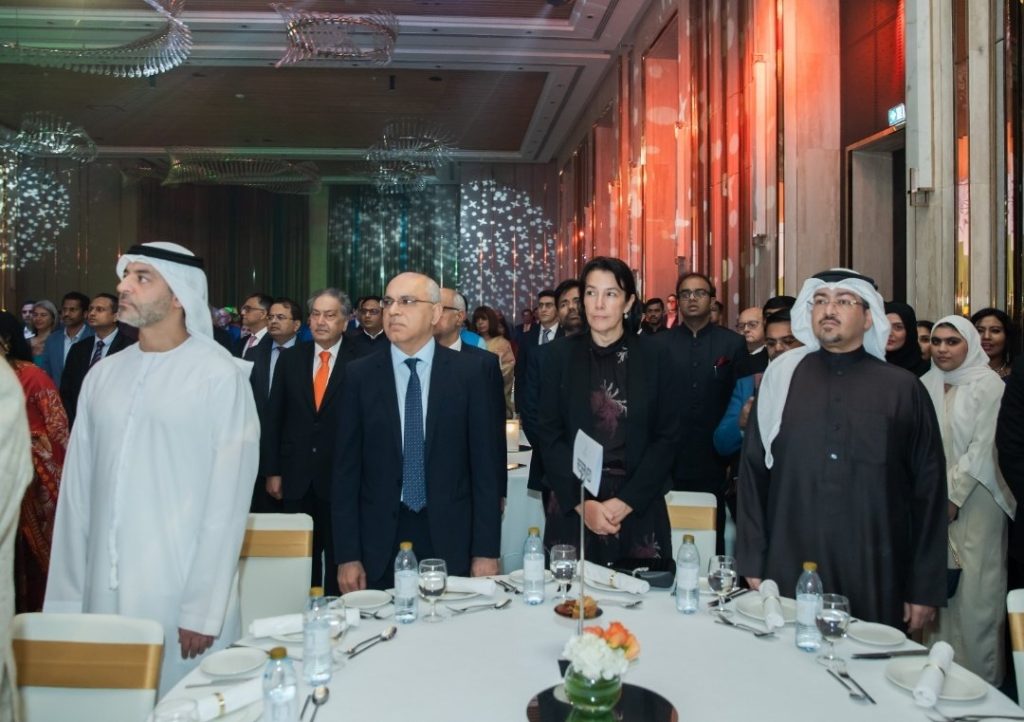
While the Covid-19 pandemic was a difficult time for the Indian diaspora, they received support from the government and civil society organizations in the Gulf. The Indian government appealed to the Gulf rulers to look after the well-being of the Indian community during the difficult times of the pandemic.
Celebrating the Pravasi Bharatiya Divas has been a platform for the Indian diaspora to come together every year and discuss the issues concerning them. This helps the Indian diaspora from all over the globe in networking and sharing their experiences among themselves. The Government of India has been engaging with the diaspora communities from different parts of the world through this format.
People-to-people contact is one of the key elements of bilateral relations between India and the Gulf region. This is an effective ‘soft power’ in the times of real politics and interest-driven policies of the nation-states.
In modern times, the increased use of communication technology and ease of movement of people from both sides has further facilitated people-to-people interaction.
This could be used as a tool by the governments to further strengthen their relations. The challenges in this way must be addressed jointly by the respective governments, involvement of Indian diaspora communities and civil society organisations from the Gulf region. That is a huge scope in further enhancing people-to-people contact between India and the Gulf region in future.
(The author is a Research Fellow at the Manohar Parrikar Institute for Defence Studies and Analyses, New Delhi; views expressed are his own.)
ALSO READ: Pakistan’s monthly inflation rate increases to 28.%




